Cloud gaming has evolved from a promising concept to a practical reality, and the latest partnership between Google and NVIDIA represents a significant milestone in this transformation. Fresh Chromebook purchases now include a complimentary year-long subscription to GeForce Now's premium-tier service (NVIDIA Blog), marking a strategic shift in how manufacturers are positioning portable computing devices. This collaboration addresses one of Chromebooks' most persistent limitations while simultaneously expanding NVIDIA's cloud gaming ecosystem to millions of potential new users (Tom's Hardware). This strategic timing coincides with NVIDIA's infrastructure improvements, as the company continues rolling out its Blackwell RTX 5080-class performance upgrades globally (TechGenyz).
What makes this Fast Pass offer different?
Here's the thing—this isn't just another "free trial for a month" situation. The newly introduced GeForce Now Fast Pass represents a carefully crafted middle ground between NVIDIA's basic free tier and their premium offerings. Starting November 20th, anyone who buys a Chromebook gets immediate access to what's essentially a curated version of the paid Performance tier (Tom's Hardware).
What sets Fast Pass apart is the elimination of two major pain points that have traditionally plagued free cloud gaming services. First, you get priority server access, meaning no more sitting in digital waiting rooms while paid subscribers jump ahead of you (Ars Technica). Second, the service removes advertisements entirely—something that sounds minor until you've had your gaming session interrupted by ads for car insurance.
Beyond these convenience upgrades, Fast Pass delivers a significant performance boost through access to NVIDIA's more powerful RTX servers, hardware that's normally reserved for the $10 monthly Performance subscription (Ars Technica). This combination means Chromebook owners can stream over 2,000 games at full 1080p resolution and 60 frames per second without the compromises typically associated with budget cloud gaming (NVIDIA Blog).
How the gaming library has transformed
Let's break down what's actually available to play, because the game selection has become genuinely impressive. GeForce Now's catalog has expanded to over 4,000 titles across multiple gaming platforms (TechGenyz), representing a massive shift from the service's early days when finding compatible games felt like a treasure hunt.
Recent additions include popular titles like Control Ultimate Edition and Surgeon Simulator 2, demonstrating NVIDIA's commitment to securing diverse gaming experiences rather than focusing solely on blockbuster releases (Toolify). This expanded selection is further enhanced by ongoing partnerships, with the platform continuing to feature complimentary games from Epic Games Vault, which essentially means you get free games on top of your free Fast Pass subscription—not a bad deal for Chromebook buyers (Toolify).
What's particularly clever is NVIDIA's "Install-to-Play" feature, which streamlines the entire gaming experience by reducing download requirements and enabling faster game access (TechGenyz). This addresses one of cloud gaming's traditional weaknesses—the time between wanting to play something and actually playing it. You might be wondering how this works in practice, and from what I can tell, it's essentially pre-loading popular games on NVIDIA's servers so they're ready to stream instantly.
The Blackwell upgrade changes everything
Now here's where things get really interesting from a technical standpoint. NVIDIA's latest infrastructure improvements represent what can only be described as a quantum leap in cloud gaming performance capabilities. The Blackwell RTX 5080-class servers enable streaming at resolutions up to 5K at 120 frames per second, or alternatively, 1080p gaming at an unprecedented 360 frames per second (TechGenyz).
To put that in perspective, most people are still trying to achieve consistent 120fps gaming on their local hardware, and here's NVIDIA offering 360fps through the cloud. It seems almost excessive until you consider competitive gaming scenarios where frame rate advantages can make the difference between winning and losing.
These impressive frame rates are complemented by a full suite of advanced features now standard across the platform, including ray tracing, AI-enhanced performance optimization, HDR visuals, and ultrawide display support (TechGenyz). These aren't just marketing bullet points—they represent technologies that would cost thousands of dollars to implement in a personal gaming rig, now accessible through any device with a decent internet connection.
The global infrastructure rollout demonstrates NVIDIA's commitment to making this a universal gaming solution rather than limiting it to premium markets. This worldwide availability means consistent high-performance gaming experiences regardless of location, transforming cloud gaming from a regional luxury into a globally accessible service.
Why this matters for Chromebook adoption
This partnership strategically addresses what has arguably been the primary barrier preventing broader Chromebook adoption in consumer markets. Chrome OS devices have traditionally struggled with gaming performance due to hardware limitations and software compatibility issues, but cloud gaming eliminates both concerns entirely. You're essentially turning a $300 Chromebook into a portal for $3,000 gaming PC performance.
What's particularly smart about this approach is how it reframes the value proposition of budget laptops. Instead of asking "What can this hardware do?" the question becomes "What can this internet connection access?" That's a fundamental shift that could influence purchasing decisions for millions of consumers who want gaming capabilities without the premium price tag.
This reframing reflects a broader industry transformation where traditional hardware limitations become irrelevant through cloud infrastructure. The student who buys a $400 Chromebook for schoolwork suddenly has access to the same gaming library and performance as someone who spent $2,500 on a gaming laptop. This democratization of high-end gaming removes traditional barriers of hardware costs and technical specifications while simultaneously extending battery life and reducing device heat generation.
NVIDIA positions this collaboration as evidence that high-performance gaming is now accessible on any device, whether users are at home or traveling (TechGenyz). The offer extends to both new Chromebook purchasers and existing GeForce NOW free-tier users, maximizing the potential user base (NVIDIA Blog).
This strategic messaging indicates NVIDIA's recognition that cloud gaming has matured beyond a compromise solution—it's becoming a primary gaming platform that competes directly with traditional hardware-based gaming (TechGenyz).
What this means for the future of portable gaming
The Chromebook-GeForce Now partnership signals a fundamental shift in how we conceptualize portable gaming hardware and software ecosystems. Rather than requiring expensive, power-hungry components, manufacturers can now offer lightweight, affordable devices that deliver premium gaming experiences through cloud infrastructure.
The collaboration between Google and NVIDIA demonstrates how strategic partnerships can transform entire product categories, potentially influencing other manufacturers to explore similar cloud-first approaches (Tom's Hardware). We're likely to see similar partnerships emerge as the industry recognizes that service integration and internet connectivity optimization matter more than raw processing power.
Looking ahead, this partnership suggests we're entering an era where gaming performance will be determined by data center capabilities rather than local hardware specifications. As NVIDIA continues expanding its global server infrastructure and game library, we can expect to see traditional laptop manufacturers rethinking their product strategies (TechGenyz). The implications extend beyond gaming—if cloud infrastructure can handle the demanding requirements of AAA gaming, it opens possibilities for other intensive applications like video editing, 3D rendering, and AI development.
This isn't just about new tech—it's about rethinking the way we interact with our devices and access computing power. The key takeaway is that we're moving toward a future where the most powerful computer you own might actually be someone else's computer that you access through the cloud, fundamentally changing what we expect from portable devices and how manufacturers design them.




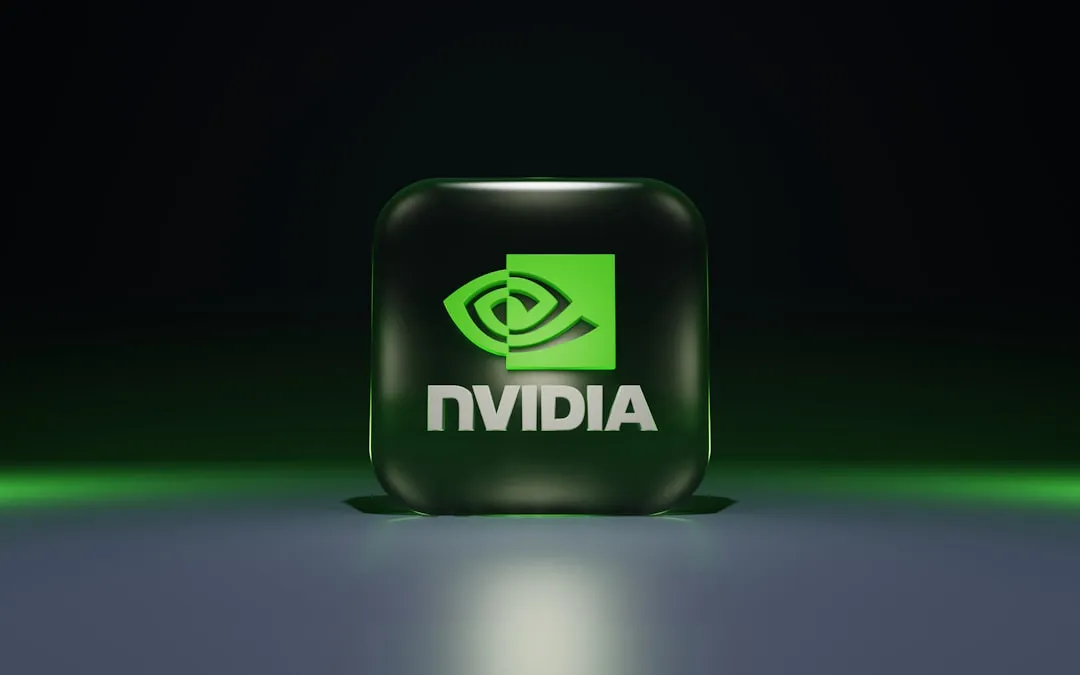



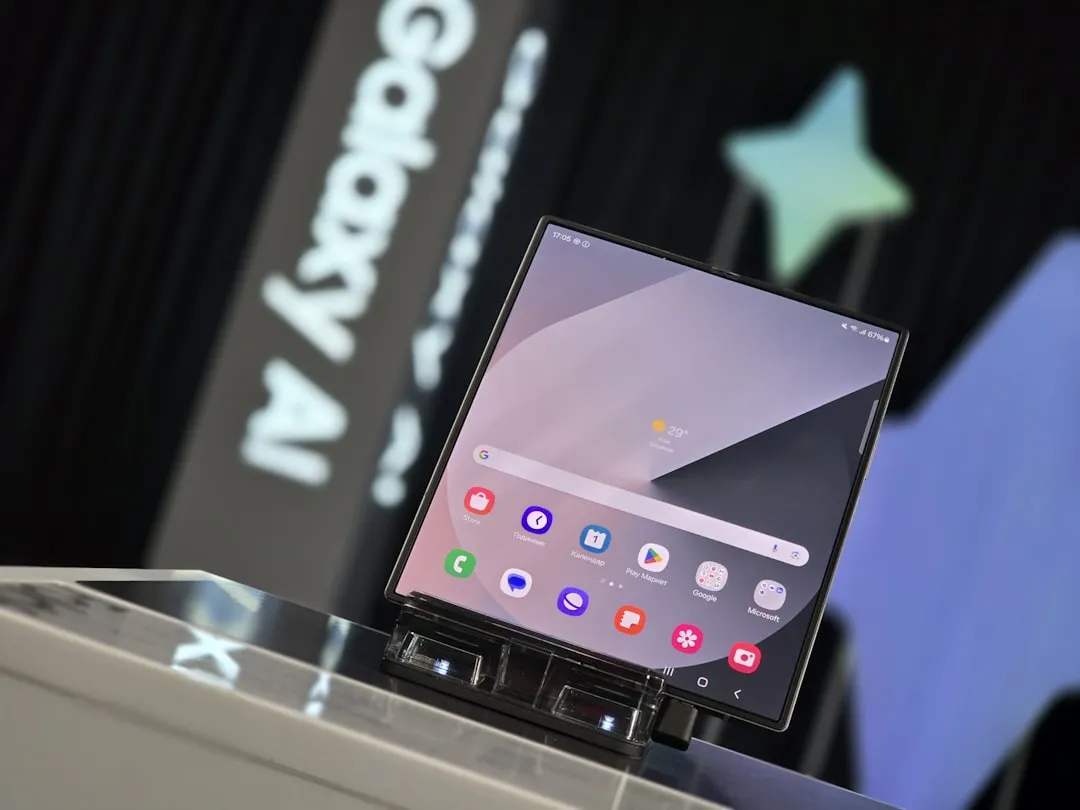



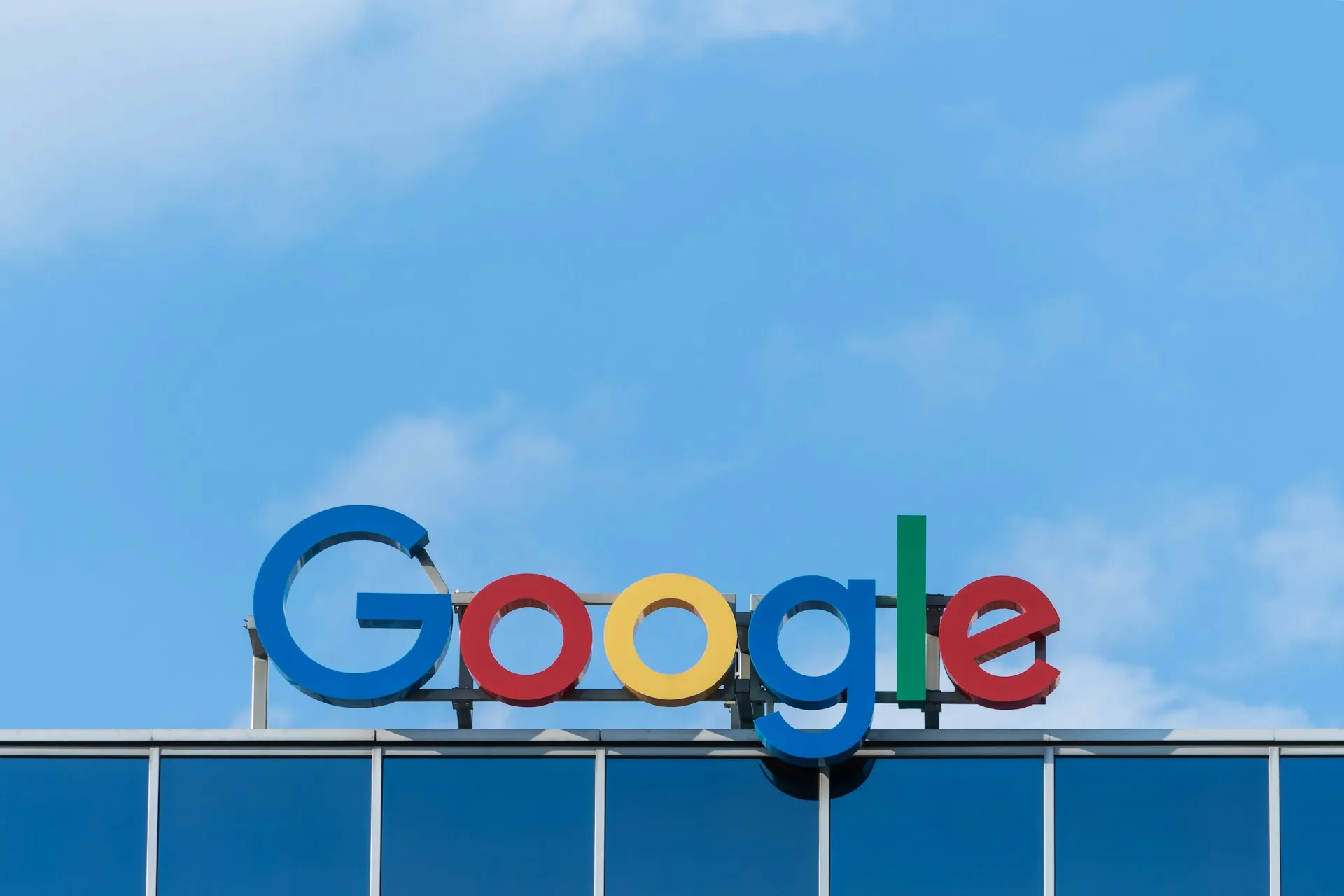





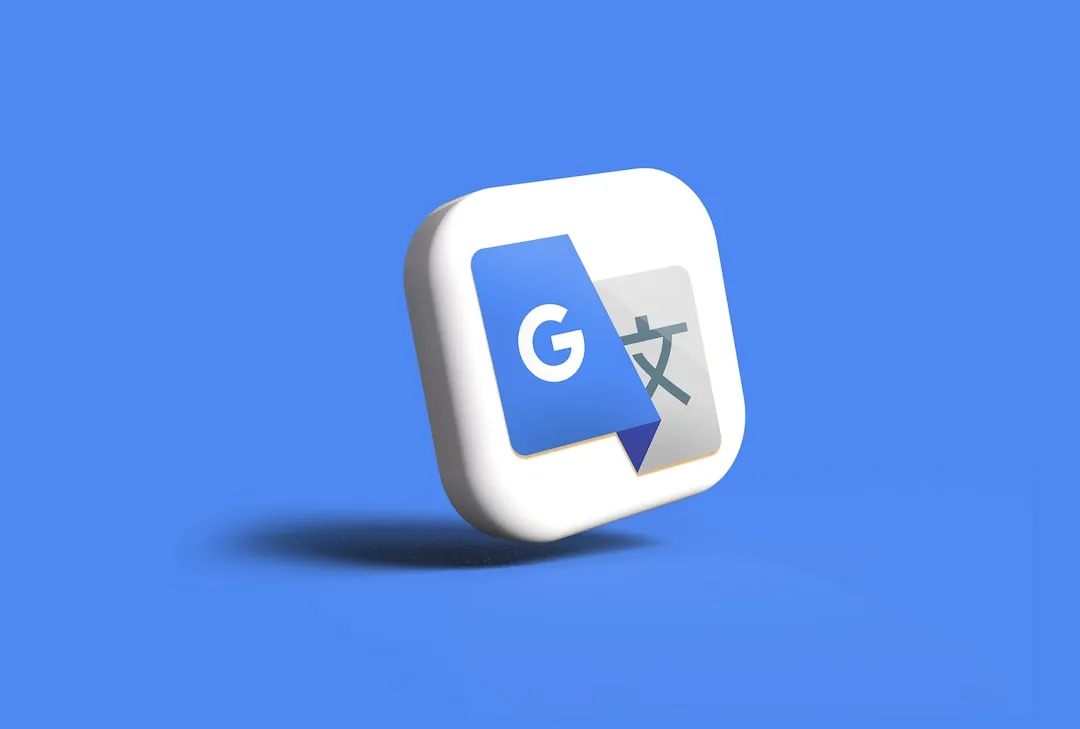

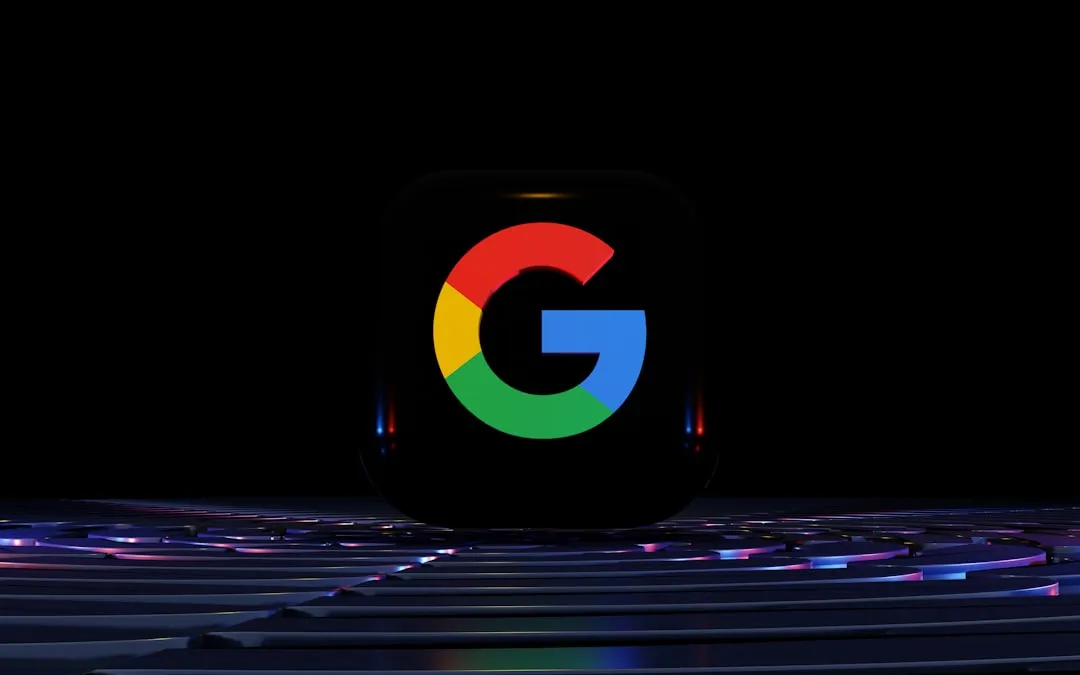
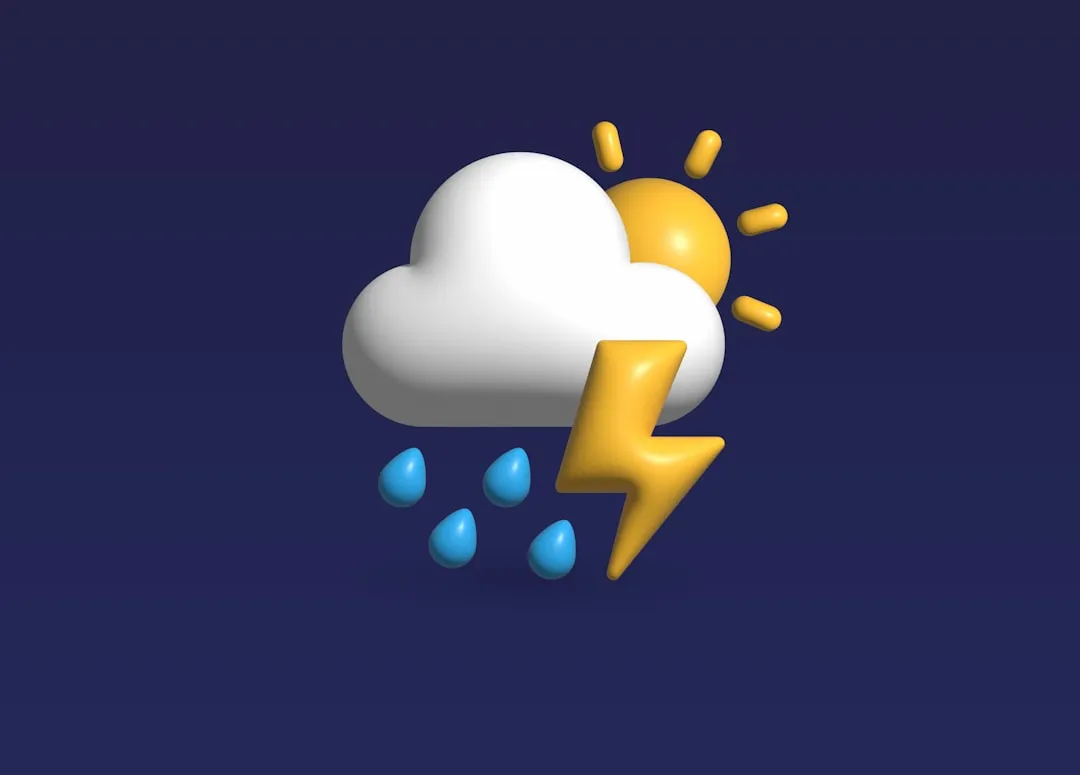
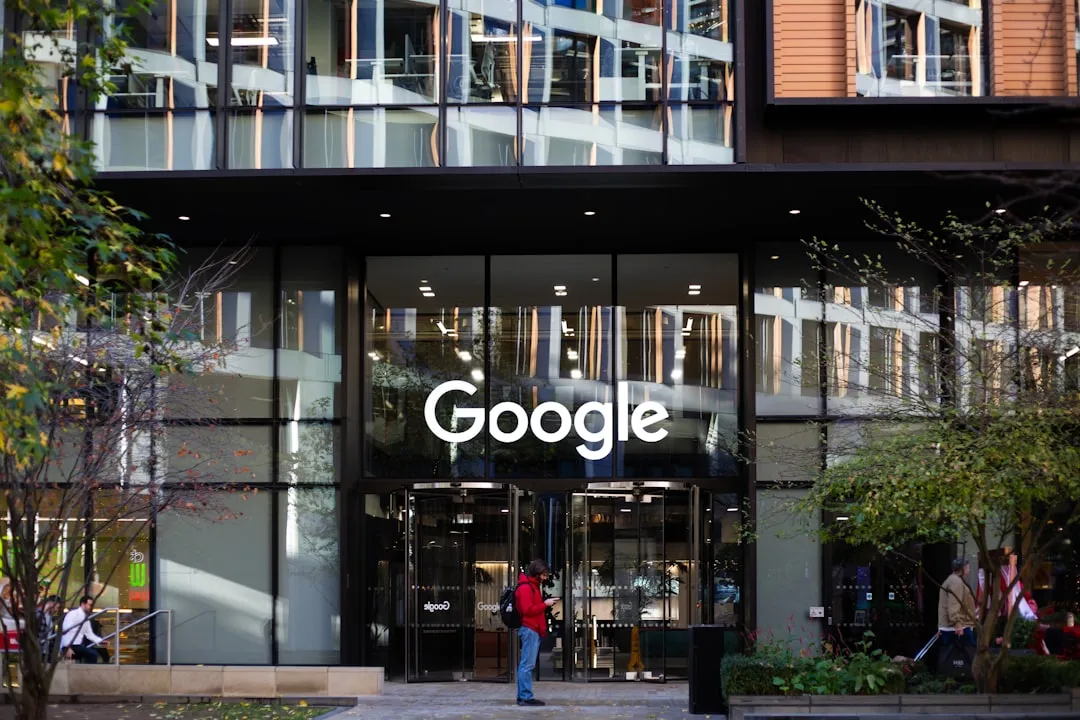
Comments
Be the first, drop a comment!